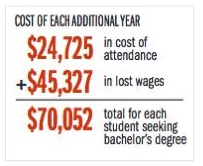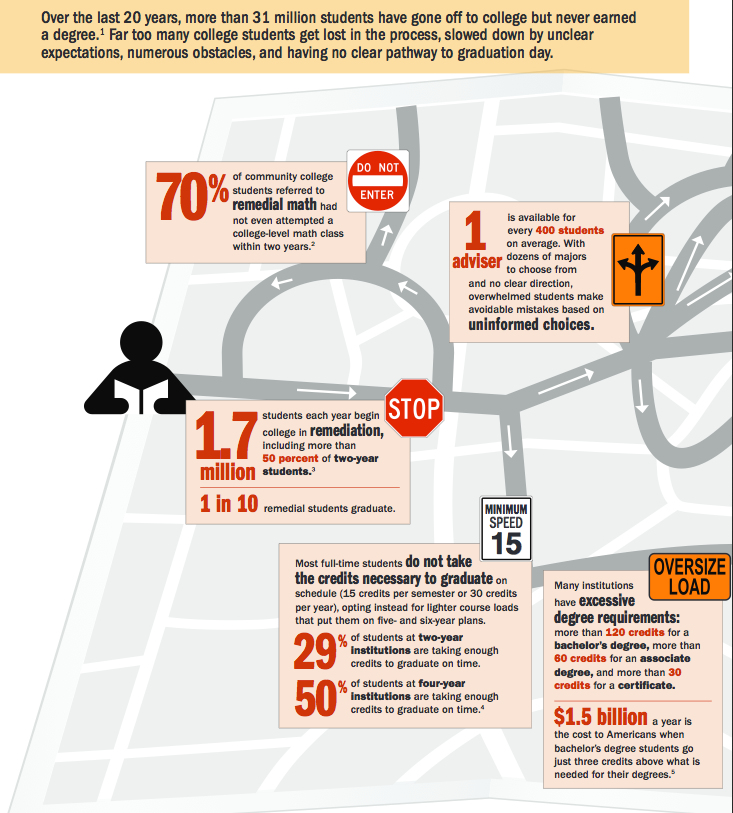
Unless you have been “off the grid” over the holidays, you’ve probably heard about the colorado parents who moved to college with their daughter. Call me crazy but when I first heard it, my mouth fell open. Could this possibly be true? And much to my surprise, there they were on Fox and Friends openly discussing their decision. They are calling it their “gap year”. (Did you know you can’t go a day without a good rationalization?)
I do not understand why any parent would make this choice, let alone any student be agreeable to it. It’s one thing when a student chooses to live at home to commute to school or to save money. It’s another when the student’s parents pack up their lives and move close to the college.
I heard a story years ago about a 4-star general whose mother bought a house on the outskirts of Westpoint Academy. She might have been the first documented helicopter parent. But today’s parents are following her lead. According to college admissions officials and Coldwell Banker real estate it is becoming more and more common for helicopter parents to move with their students to college.
What happened to independence?
In my generation, when you moved away from home you moved away for good. Apparently there is an alarming progression happening. The “boomerang generation” (the crop of the last 10-15 years of college graduates) have moved home after graduation because they either can’t find a job or have to live at home to afford their student loan payments. And now, we have students who basically never leave home (or parents who won’t allow them to leave). All of these behaviors hinder the student’s independence and delay their entry into adulthood. Parents who constantly bail their children out when things become difficult are doing them a disservice in life.
How is this helpful to the student?
In no hemisphere could I possibly justify this type of behavior. I have known parents who bought a home for their student to live in during college, but they did NOT move in with them. Neither of my children would have agreed to this arrangement. Apparently, this generation of students might be more willing to find this acceptable. I do not care what they say or how they justify their behavior, these parents need to cut the apron strings and let their student sink or swim.
As one commentor wrote on the Fox News story: “Her wedding night will be awkward.”
What do you think? Is this acceptable? Would you do it? Would your student agree to this? Leave a comment!


 What is lost when a student doesn’t graduate in 4 years?
What is lost when a student doesn’t graduate in 4 years?






 After finishing high school, which means the end of the obligatory studies, some students struggle to maintain a positive attitude towards learning, especially if they have found a job offer. If you were to ask them, “what do you prefer,money now or money in 10 years,” you’d find out how some of them are so impatient that they prefer the money now, even if it’s a smaller amount. That’s why us, parents, have to be there to motivate them to go to college or to study an occupation and in that way in which they don’t believe it’s only a mandatory thing imposed by adults. In this post we’ll see how to motivate our kids from an early age to always choose to study:
After finishing high school, which means the end of the obligatory studies, some students struggle to maintain a positive attitude towards learning, especially if they have found a job offer. If you were to ask them, “what do you prefer,money now or money in 10 years,” you’d find out how some of them are so impatient that they prefer the money now, even if it’s a smaller amount. That’s why us, parents, have to be there to motivate them to go to college or to study an occupation and in that way in which they don’t believe it’s only a mandatory thing imposed by adults. In this post we’ll see how to motivate our kids from an early age to always choose to study: